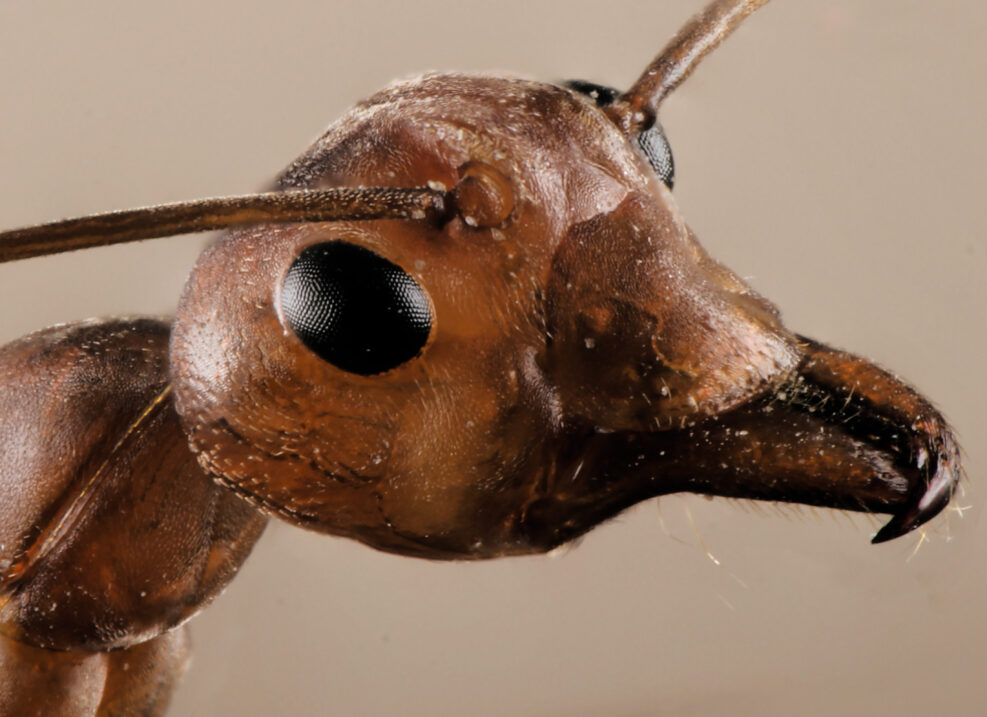
TagHive mind


Quick Facts on IIT (the Leading Theory of Consciousness)
IIT may be part of a trend in science in which emergence and panpsychist theories are slowly replacing materialist and physicalist onesConsciousness, as a concept, is so easy to experience and so hard to define. Or explain. The most popular current theory of consciousness is Integrated Information Theory (IIT), pioneered by neuroscientist Giulio Tononi and championed by Allen Institute neuroscientist Christof Koch. For the purpose of discussing IIT, science writer Mike Hogan works with this definition: Consciousness for purposes of this theory is defined as ‘self-awareness’ or the Central-Identity; the inner-voice that allows your brain to talk to itself, an awareness that ‘you’ exist, the rationalization of your own relevance to that existence, and an awareness of the cause and effect of your actions in regard to yourself and your environment. Mike Hogan, “The Best Available Story of Human Consciousness” at Read More ›

Can Insects, Bacteria, and Plants Have Personalities Too?
If personality amounts to observed individual differences in behavior, the answer is yes, though the issues are more complex for plantsYesterday, we looked at a paper in which researchers reported that marmosets (a South American monkey) have personalities. Most of us would simply assume that they do and we are right to think so. Research on many vertebrate animal species shows that even reptiles and fish have personalities. Of course, the number of dimensions a vertebrate’s personality can have varies with its intellectual and lifestyle complexity. But now, what about the vast world of the invertebrates, the life forms whose body is not organized around a spinal cord terminating in a brain? Their body plans can vary from that of a starfish through to a honeybee. Can they have personalities, despite very different brain arrangements, including — in some cases Read More ›